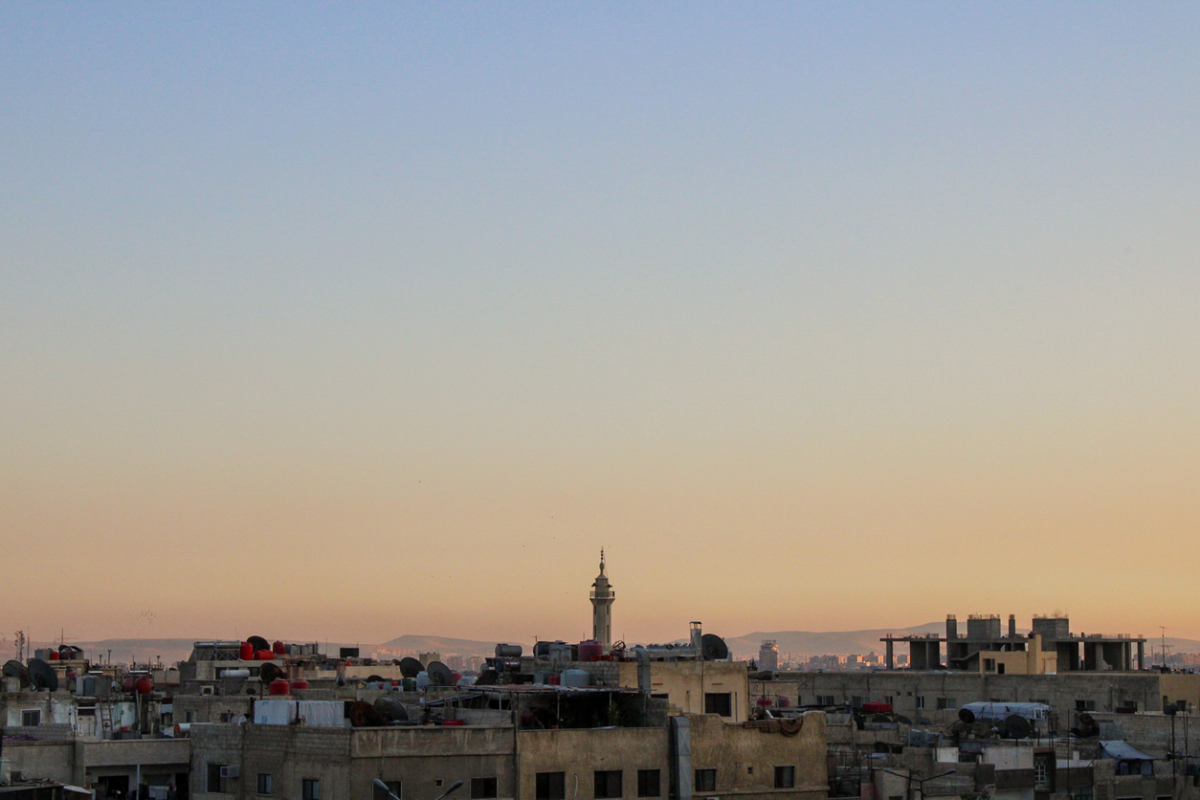Shift in Syrian Power Sparks Global Concerns and Local Hopes
 (Photo: Getty/iStock)
(Photo: Getty/iStock)
The Middle East has witnessed profound turmoil and change over the past year, with Syria at the forefront of recent upheavals. The collapse of a longstanding regime in Syria has prompted international speculation about the country’s future and possible ripple effects throughout the region.
Having begun over 13 years ago, the Syrian civil war had claimed countless lives and displaced millions, but had recently seen a period of relative calm. This changed dramatically at the end of November when the government, which had held power for over fifty years, unexpectedly fell in a matter of days. With the toppling of this regime, millions of Syrians are hopeful for a new chapter of peace and freedom, free from the oppression and conflict of the past.
These events in Syria may offer crucial lessons for other regional powers. A government that fails to meet the basic needs of its citizens and relies on external support rather than domestic approval is at risk of collapse, regardless of its perceived strength or severity.
Neighboring countries in the Middle East and North Africa are watching closely, concerned about a potential domino effect similar to the Arab Spring’s swift changes. Iran, a key ally of the ousted Syrian leader Bashar al-Assad, is particularly troubled by these developments.
As Syria’s new leadership, Hayat Tahrir al-Sham, takes control, questions arise about their ability to learn from past regional upheavals and govern with restraint and inclusivity. Will they manage to avoid the pitfalls that have led to further division in nations like Iraq and Libya?
Concerns persist among religious and ethnic minorities in Syria, who fear renewed attempts at oppression. Many Christians, who have faced persecution and fled in large numbers, are anxious about future threats. An example of this ongoing concern is the unresolved kidnapping of two Syrian bishops, Mar Gregorios Yohanna Ibrahim and Metropolitan Paul Yazigi, back in April 2013.
There is hope that Hayat Tahrir al-Sham will uphold its commitment to protect minority groups, ensuring Christians can practice their faith without fear. Church leaders in Syria, along with SAT-7, a Christian media organization, are advocating for unity, peace, and the preservation of religious freedom in the region.
SAT-7 is actively working to promote peace and tolerance through its media platforms, emphasizing the importance of diversity and the presence of the Christian faith in its birthplace, the Middle East. As the holiday season approaches, the organization is focusing its efforts on spreading messages of hope and reconciliation.
- Pray for the people of Syria, who have endured extensive suffering. Seek healing and a new era of peace and justice.
- Pray for the protection and respect of minority rights in Syria.
- Pray for the Church in Syria, for wisdom and protection as it navigates these uncertain times, and for freedom to flourish.
- Pray for Syria’s neighboring regions, hoping for an end to conflicts and a path toward reconciliation.
George Makeen is Ministry Content Advisor for SAT-7.
This article was originally written by www.christiantoday.com





